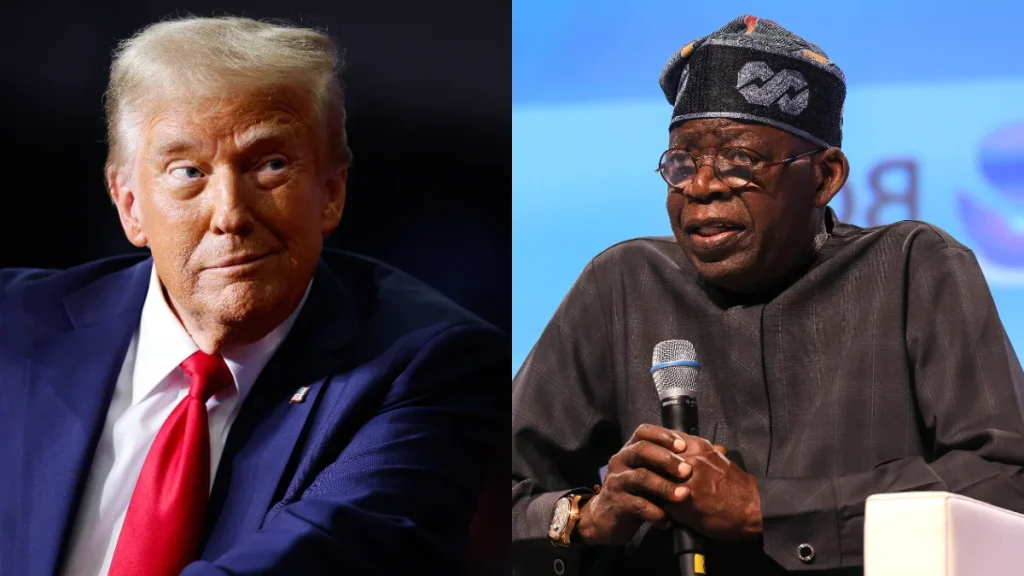Nigeria’s Foreign Minister Yusuf Tuggar delivered a bold message at a summit in Abu Dhabi on October 22, 2025, urging wealthy nations to stop treating Africa like a resource mine.
“Trade with Africa isn’t a video game where you grab oil, gas, or minerals,” he said, likening exploitative deals to the block-building game Minecraft.
Instead, he pushed for partnerships rooted in mutual respect and Africa’s need to grow. Without development, he warned, challenges like migration and instability will persist.
Tuggar stressed that Africa’s progress benefits everyone. “Fair trade means shared prosperity, not just extracting what’s shiny,” he said, calling for investments that uplift the continent’s 1.4 billion people.
Nigeria’s Economic Shield
As Africa’s most populous nation with 230 million citizens, Nigeria is less rattled by U.S. President Donald Trump’s 15% tariffs, Tuggar noted. Oil and gas, Nigeria’s economic backbone, are exempt, softening the blow.
With a market projected to hit 400 million by 2050, Nigeria leans on diverse trade ties with China, India, and Brazil to stay resilient.
Tuggar highlighted reforms to boost investment: a stabilized exchange rate, restored foreign currency access, tax breaks, and power sector changes to ease business. Feed-in tariffs for renewables are also spurring green energy growth, tackling Nigeria’s chronic power woes.
Power Struggles Persist
Electricity remains a hurdle, with 40% of Nigerians off the grid and cities facing daily blackouts. Many rely on costly diesel generators, a noisy, polluting fix. Decades of promises to fix the power sector have yielded little, frustrating investors.
Tuggar acknowledged the challenge but pointed to ongoing reforms as a step toward reliable energy, critical for economic growth.
Nigeria’s vast market and resources make it a magnet for opportunity, but infrastructure gaps demand urgent action. Tuggar’s optimism hinges on these changes gaining traction.
Battling False Narratives
Tuggar tackled a growing issue: online claims of “Christian genocide” in Nigeria, amplified by some U.S. voices. He called these narratives blatant distortions, urging investors to see Nigeria’s reality for themselves.
With over 200 ethnic groups, Nigeria blends Christianity, Islam, and traditional faiths, often harmoniously. Mosques and churches stand side by side, and public events mix prayers from both religions.
Yet, violence flares at times, tied to ethnic or land disputes, not just religion. The Boko Haram insurgency in the northeast, ongoing for 15 years, has killed thousands, mostly Muslims, showing the complexity of Nigeria’s challenges. Tuggar stressed unity, not division, as the nation’s truth.
Nigeria’s Global Stance
The minister’s remarks come amid broader African and global shifts. Nigeria’s push for fair trade aligns with its role as a regional powerhouse, balancing relations with the U.S., China, and others.
Recent moves, like power sector reforms and anti-corruption efforts, signal ambition to attract investment while addressing local needs.
Tuggar’s Minecraft analogy resonates as a warning: Africa won’t be a resource grab. Instead, Nigeria seeks partners who value development over extraction, aiming to build a future where its people thrive.
Looking Ahead
Nigeria’s message is clear trade must lift Africa, not just strip it. With tariffs shrugged off and reforms underway, Tuggar sees a bright path. But power woes and false narratives loom large. As Nigeria courts global partners, its 230 million-strong market stands ready to drive growth, if the world meets it halfway.
READ ALSO: Trump Plans Putin Meeting in Budapest on Ukraine Conflict




















